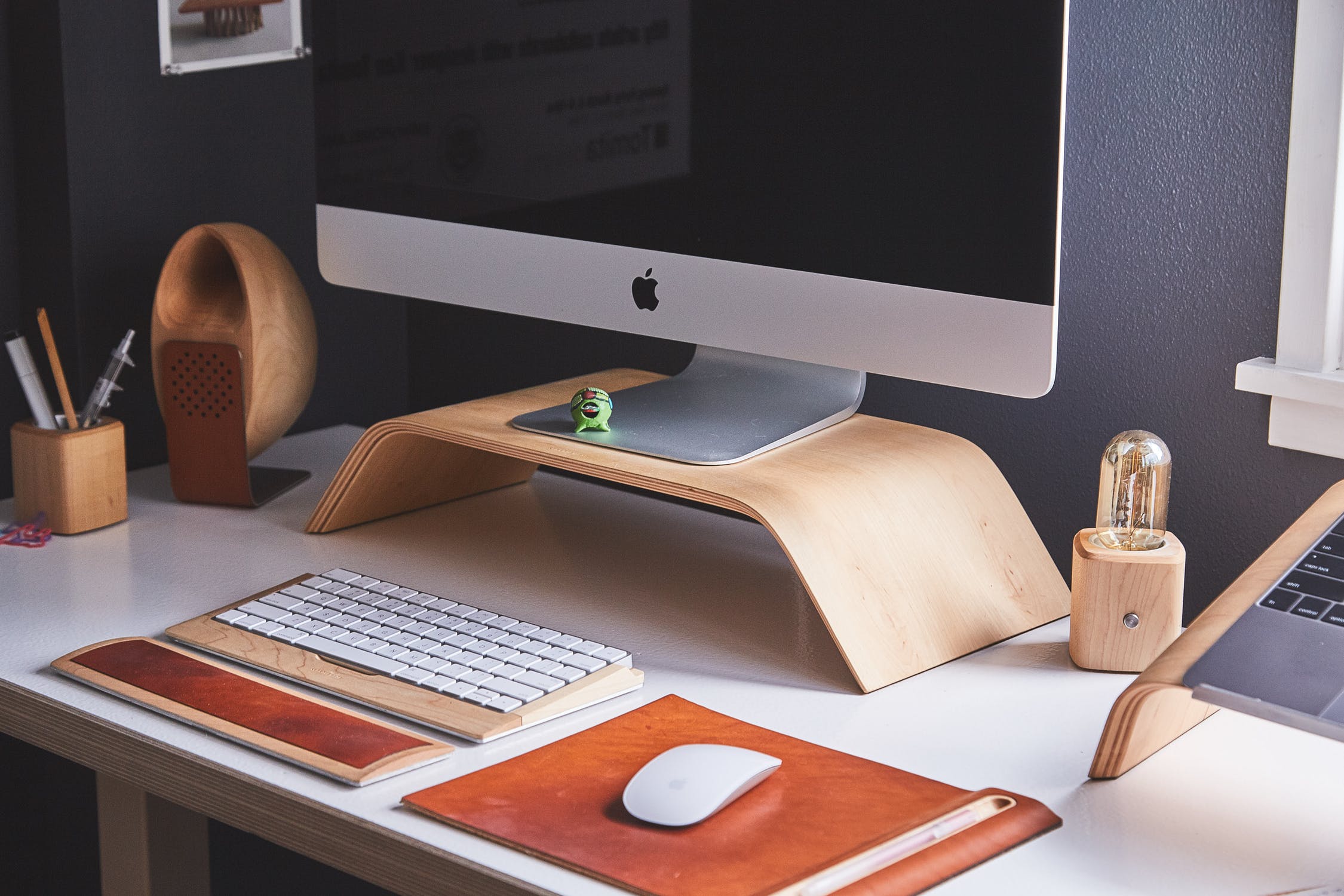If you’re like most workers, you probably spend a significant portion of your day feeling tired.
You’re going through your day getting work done, and then slowly, your body starts slowing down. Your eyes feel heavy and your energy starts to wane. The next thing you know, you’re rushing to get a cup of coffee or an energy drink to keep you going.
While there’s nothing wrong with taking that energiser to rejuvenate you, there are a couple of things you can do to avoid experiencing this fatigue in the first place. In this article, I’ll cover 5 key strategies that can be used to tackle workplace fatigue.
Get More Sleep
According to a survey conducted by the National Sleep Foundation (NSF), just 10% of Americans prioritise getting quality sleep over other activities like work.
A common misconception among such individuals is that sleeping less frees up more time for working. While this is true in the short term, deciding to forego sleep will always catch up with you while causing some serious health consequences as well.
In addition to workplace fatigue, sleep loss makes workers more susceptible to injuries. This survey published in the Journal of Preventive Medicine and Public Health shows the risk of injury increases parallel to the number of sleep hours lost.
Thus, a simple solution to reducing workplace fatigue is to get adequate sleep. The NSF recommends that adults should get between 7 and 9 hours of sleep each night.
Lighting and Office Colour Psychology
Two subtle ways to improve employee mood and reduce fatigue are good lighting and clever manipulation of colours in the office.
Bad lighting can increase mental and physical fatigue and lead to eye strain, headaches, stress and anxiety.
The right colour combinations when used in the office can uplift employee morale and reduce lethargy.
Maximise Natural lighting
Whenever possible, use natural light sources in your office. A study conducted in 2017 by the NSF revealed that workers who get more sunlight exposure also benefit from increased sleep quality, which in turn, makes you less prone to fatigue.
Use Colour Psychology To Your Advantage
The power of colours on our moods cannot be overestimated. The colour red for example has been shown to speed up reaction times in humans.
According to Ergonomic Trends, the best office colours to improve focus and productivity are light blue, red, and yellow. When redesigning the workspace, try to make heavy but tasteful use of these colours to positively affect employee morale and reduce fatigue.
Increase Movement
While this might seem a little contradictory, incorporating movement into your daily routine is just what you need to avoid workplace fatigue.
The concept is simple- as long as you’re moving about, then your body is using its resources to produce more energy. This means that you’re constantly energised, reducing the likelihood of experiencing fatigue.
Eva Cwynar, author of The Fatigue Solution: Increase Your Energy in Eight Easy Steps, recommends individuals working at full capacity to:
- Do some burst training for 45 seconds
- Rest for 90 seconds
- Continue alternating between exercising and resting for 20 minutes
According to Cwynar, exercising at work helps you burn more fat and increases the rate of your metabolism; hence, keeping you energised.
Optimise Your Schedule
One of the greatest causes of fatigue entails long shifts and working hours. Different studies conducted by independent research teams and organisations examined the physical, emotional and social impact of working for more than 40 hours per week. Here were some of the findings:
- Working for more than 50 hours a week results in very little productive work
- In firms that had normal overtime schedules (8.7% overtime rate), researchers didn’t find any fatigue-related issues. But in companies where the overtime rate was up to 15.4%, fatigue-related issues were severe.
- For white collar workers, their productivity rate declines by a whopping 25% whenever they’re forced to work for more than 60 hours
- Individuals who work for 11 hours or more of overtime have a higher risk of developing depression
The takeaway from these statistics is that working for extensive periods of time causes negative health effects. So what is the optimal number of hours? Well, according to Laura Vanderkam, a Time management expert, one should aim for a 7.6 hour work day. This translates to about 38 hours a week.
Stay Hydrated
Perhaps the easiest tactic to prevent workplace fatigue is to ensure you’re drinking enough water. Our bodies are comprised of 65% water, which is why it’s important to stay hydrated round-the-clock.
Most people wait until they’re feeling thirsty to drink water. But this should not be the case. Mayo Clinic explains that when you’re thirsty, it’s likely that you’re already dehydrated. Dehydration causes blood volume to decrease. The effect is less blood flowing to the cells, and hence there is less oxygen and nutrients available for the cells to generate energy.
To maintain your energy levels and other body functions, you should consume beverages and other foods that contain water. According to the National Academies of Sciences, Engineering and Medicine, the recommended daily fluid intake is:
- 3.7 litres (125 ounces) of fluids for men
- 2.7 litres (91 ounces) of fluids for women
Wrap Up
The cases of workplace fatigue have been rising. However, there are several things you can do to beat and reduce the likelihood of experiencing this problem. For starters, you should ensure you’re getting adequate sleep- this means between 7 and 9 hours of sleep each night.
You should also improve lighting in your office, incorporate movement into your daily routine, and drink enough water. Similarly, you should avoid working too many hours past the recommended limit of 7.6 hours each day.



Leave your comments
Post comment as a guest